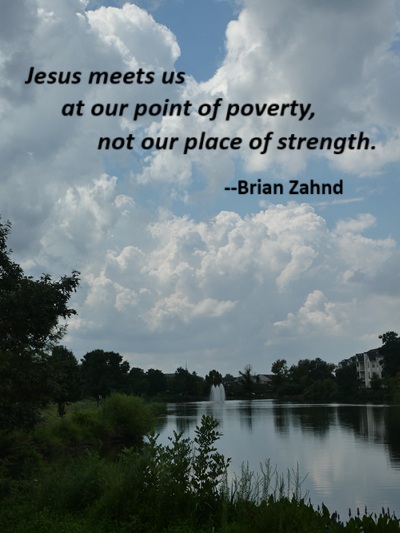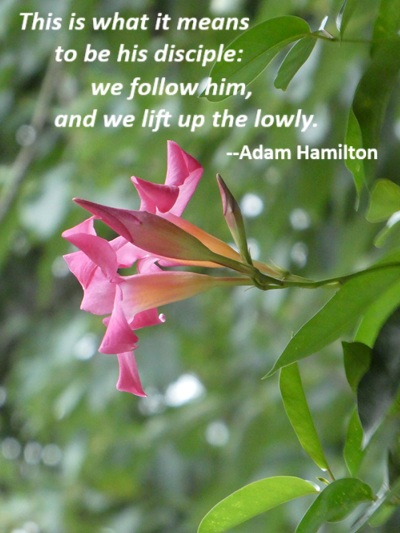Blessed Are the Poor.
It’s true that the gospel of Luke records Jesus as saying, “Blessed are you who are poor” – period. In Luke’s Beatitudes, Jesus simply blesses the poor, and the further categorization of “in spirit” is omitted. In Luke, Jesus blesses the poor without reference to what kind of poverty it is. The truth is this: Jesus meets us at our point of poverty, not our place of strength. If we want to position ourselves to receive Christ’s blessing, we must identify an area of need and cry out for grace from there. If we think we have no area of weakness, need, or poverty, we essentially have no need for Jesus. This is why in the Book of Revelation Jesus condemns the people in the church of Laodicea for arrogantly confessing, “I am rich, I have prospered, and I need nothing.” They were essentially saying, “Thank you very much, Jesus, but I really don’t need you right now because I’m not poor.” So be it. Jesus has no blessing for them. The grace of Christ is perfected in weakness and poverty, not in strength and wealth. As Mary said of Messiah in her prophetic Magnificat, “He has filled the hungry with good things but has sent the rich away empty.” This is the spirit of the first beatitude – and to the poor it is beautiful.
–Brian Zahnd, Beauty Will Save the World, p. 190-191
Photo: South Riding, Virginia, August 16, 2025



